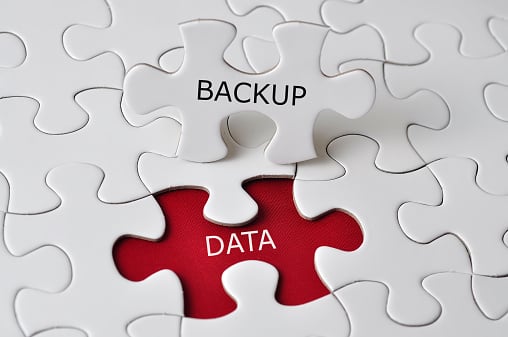CYBER THEFT, A REAL THREAT TO SMALL BUSINESSES
Cybercrime is no longer a new phenomenon. The zeal with which cybercriminals have committed these offenses in the past has led to an outcry from...
2 min read
Lance Stone : Oct 27, 2016 11:39:51 AM
Data is the information backbone of any given business venture or organization, and as such should really be treated like the Holy Grail that it is. It needs to be stored in such a way that makes it easily accessible to those who have the strict access permissions to view and use it – and as inaccessible as the Crown Jewels to those whose business it isn’t. So, why are so many companies leaving their data vulnerable to loss and the subsequent revenue forfeiture that goes with it? It surely has much more to do with ignorance of effective backup methods than any kind of devil-may-care attitude on the part of enterprise owners, who simply haven’t advanced their data protection means along with the many ways data loss can occur. In light of the fact that business owners need better tips and advice on data storage and backup, here are the top reasons why you need to be backing-up your data:
For these reasons and others, any business that plans on reaching its business goals and keeping up-to-speed operationally must have a backup strategy and disaster recovery (as well as a viable business continuity plan) plan in place if they expect to have any kind of longevity are ongoing operations assurance at all.

Need More Data Backup and Recovery Advice?
If you need further data backup and recovery advice, {company} is a proven leader in providing data recovery and backup planning in {city}. Contact one of our IT experts at {phone} or send us an email at {email} today, and we can help you with all your questions or needs.


Cybercrime is no longer a new phenomenon. The zeal with which cybercriminals have committed these offenses in the past has led to an outcry from...

When you think about the risks to your healthcare business, there are likely a lot of things that come to mind. However, one of the biggest threats...

While businesses are increasingly aware of the many dangers that cyber-attacks can present to their company, it seems that they still aren’t entirely...

On Time Tech is an IT Support and Computer Services company serving California. We provide services to the areas in and around We know businesses like yours need technology support in order to run highly-effective organizations. Leverage pro-growth technology services for your company now.
© 2026 On Time Tech